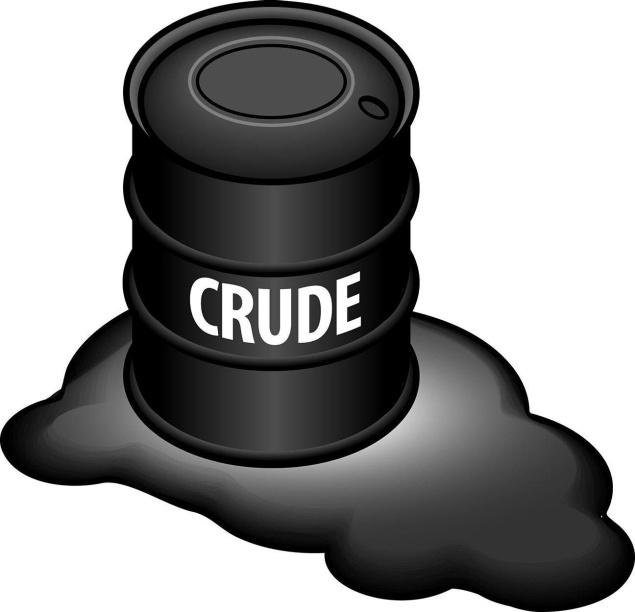Despite continuing the United States and Iran friction, oil prices of took a dip Tuesday, as Brent oil futures fell 1.1 percent to $68.12, while the Western Texas Intermediate, WTI, dropped 1.1 percent to $62.59.
Nigeria will still benefit from the current oil price, which still remains above the budget benchmark of $60. On Monday, oil prices had gone up, following the news that a U.S. airstrike killed a top Iranian general, Qassem Soleimani, sparking an escalation in the conflict between the two countries.
The US has ordered more troops to the Middle East after Iran’s Supreme Leader, Ayatollah Ali Khamenei said, it will retaliate against the attack that killed General Soleimani.
“The market is recovering from the initial shock and closely monitoring how Tehran will respond,” said Will Sungchil Yun, commodities analyst at VI Investment Corporation, adding “As current signals indicate, traders and investors don’t see a full-blown war coming, prices are likely to remain relatively steady without a significant development.”
Prices were also supported this week by higher compliance among the Organisation of the Petroleum Exporting Countries, OPEC, on meeting production quota curbs aimed at reducing supply. OPEC members pumped 29.50 million barrels per day (bpd) last month, down 50,000 bpd from November’s revised figure.
“Traders are fading the rally because there are currently no barrels off the market at this time,” said Rebecca Babin, senior equity trader at CIBC Private Wealth Management. Until the market sees a disruption, traders will use moves higher to take profits, she added.
In a note to customers Monday, Goldman Sachs Group Incorporation echoed similar sentiments. Price risks for Brent are skewed to the downside in the coming weeks without a major supply interruption, the bank said.
The clash is fanning fears that a wider conflict could disrupt supply from the region which accounts for almost a third of the world’s oil. Prices haven’t hit these levels since an attack on Saudi Arabia’s oil facilities in September — which the U.S. blamed on Iran briefly halted about five percent of global output.
Meanwhile, President Donald Trump reiterated threats of retaliation should Iran “do anything” and vowed heavy sanctions against Iraq if American troops are forced to leave OPEC’s second-biggest producer.
Trump said he’s prepared to strike “in a disproportionate manner” and more than 50 Iranian sites could be hit if Tehran retaliates against the killing of Soleimani.
The Middle East nation said it has to “settle a score with the U.S.” and that it would no longer abide by limits on its enrichment of uranium. A vote by Iraq’s parliament to expel U.S. troops from the country deepened the strain in the region.

